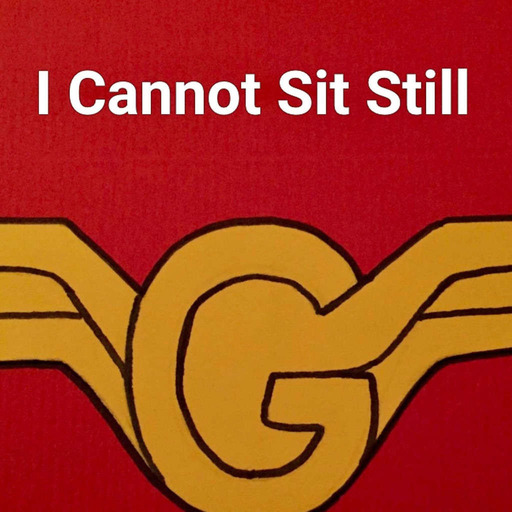Lenormand was a fortune-teller in France in the 19th century. She was hugely influential, because despite her work being illegal, very important and powerful people consulted her for cartomancy readings.
Research:
- "Marie Anne Lenormand." Encyclopedia of World Biography Online, vol. 38, Gale, 2018. Gale In Context: U.S. History, link.gale.com/apps/doc/K1631010818/GPS?u=mlin_n_melpub&sid=bookmark-GPS&xid=13b27256. Accessed 5 Oct. 2023.
- “Madmoiselle Lenormand.” Chambers's Journal of Popular Literature, Science and Arts, Volume 3. W.R. Chambers. 1845. https://books.google.com/books?id=TodTAAAAYAAJ
- Delistraty, Cody. “The Surprising Historical Significance of Fortune-Telling.” JSTOR Daily. 10/26/2016. https://daily.jstor.org/surprising-historical-significance-fortune-telling/
- Goodrich, Frank Boott. “The court of Napoleon.” New York, Derby & Jackson. 1857. https://archive.org/details/courtofnapoleon00good
- Greer, Mary K. “Mlle. Lenormand, the most famous card reader of all time.” Mary K. Greer's Tarot Blog. https://marykgreer.com/2008/02/12/madame-le-normand-the-most-famous-card-reader-of-all-time/
- Gronow, Rees Howell. “Celebrities of London and Paris: Being a Third Series of Reminiscences and Anecdotes of the Camp the Court and the Clubs : Containing a Correct Account of the Coup D'état.” Smith, Elder & Company, 1865
- Harvey, David Allen. “Beyond Enlightenment: Occultism, Politics, and Culture in France from the Old Regime to the Fin-de-Siècle.” The Historian , SPRING 2003, Vol. 65, No. 3. Via JSTOR. https://www.jstor.org/stable/24452371
- Howitt, William. “Mademoiselle le Normand, The Parisian Sibyl of the Revolution.” The Spiritual magazine. London, F. Pitman [etc.]. 1860.
- Irving, Washington. “The journals of Washington Irving (hitherto unpublished).” Boston. Bibliophile Society. 1919. https://archive.org/details/journalsofwashin03irvi/
- Jewett, J.P. “Remarkable Women of Different Nations and Ages.” 1858. https://archive.org/details/remarkablewomen00unkngoog/page/n220/
- Le Normand, M. A. “The oracle of human destiny: or, the unerring foreteller of future events, and accurate interpreter of mystical signs and influences; through the medium of common cards.” London. C.S. Arnold. 1825. https://archive.org/details/b29337926/page/n24/mode/1up
- Levi, Eliphas. “Dogma et Rituel de la Haute Magie.” Translated by A. E. Waite. Vol. 2. Originally published by Rider & Company, England, 1896.
- O'Meara, Barry Edward. “Napoleon in Exile, Or, A Voice from St. Helena.” W. Simpkin and R. Marshall, 1822.
- Rogers, Charles. “Memorials of the earl of Stirling and of the house of Alexander.” 1877. https://books.google.com/books?id=zXABAAAAQAAJ
- Shelley, Lady Frances. “The diary of Frances, Lady Shelley.” Vol. 1. 1912. https://archive.org/details/diaryoffrancesla0001shel/
- Sylverne, Stephanie. “Good Fortune: How Empress Bonaparte Popularized the Tarot Card Trend and Made Her Cartomancer a Household Name.” Mental Floss. 11/1/2017. https://www.mentalfloss.com/article/509667/good-fortune-how-empress-bonaparte-popularized-tarot-card-trend-and-made-her-cartomancer-household
- The National Magazine. “Mademoiselle le Normand.” 1853. https://archive.org/details/sim_national-magazine-devoted-to-literature-art-and-religion_1853-05_2_5
See omnystudio.com/listener for privacy information.


 Emissions
Emissions











